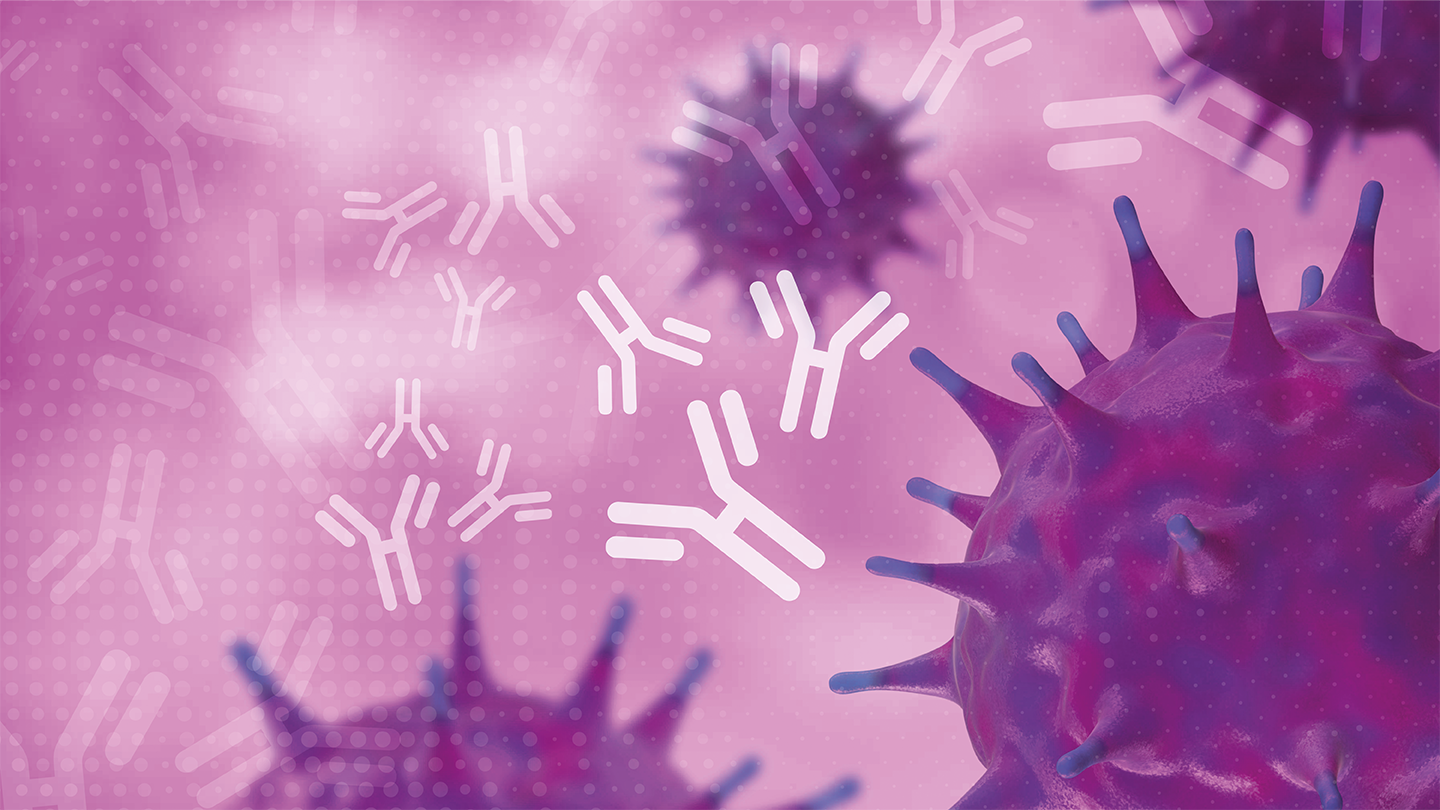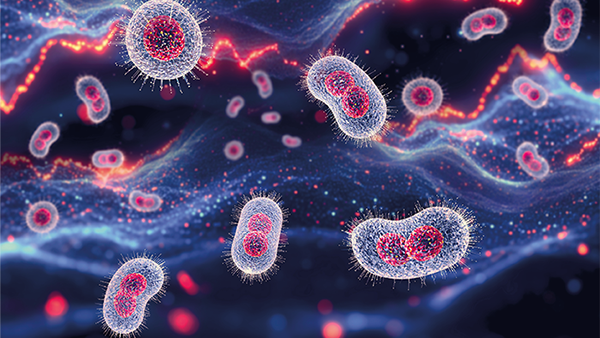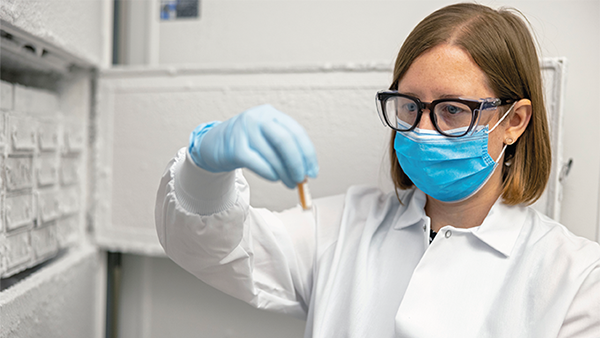Bacterium Versus Parasite
Researchers have discovered a naturally occurring bacterium that could help eradicate malaria
Malaria causes hundreds of thousands of deaths yearly and continues to thrive in an ever-warming climate. The available preventative measures and treatment options can only go so far to control the spread of disease – especially given increasing resistance to insecticides and anti-malaria drugs. However, researchers at the GSK R&D Tres Cantos insectary – in collaboration with the Johns Hopkins Malaria Research Institute – have found a strain of the naturally occurring bacterium Delftia tsuruhatensis that confers resistance to the most prevalent Plasmodium parasites in Africa (1). So, how does it work?
The Tres Cantos 1 (TC1) strain of D. tsuruhatensis secretes harmane, which has been right under our noses – literally. It’s found in mammalian tissues and body fluids, as well as plants and foods. Harmane is secreted by D. tsuruhatensis that has colonized the midgut and salivary glands and can inhibit the early stages of Plasmodium development. Researchers noticed this when Anopholes stephenesi mosquitoes containing the TC1 D. tsuruhatensis strain became resistant to Plasmodium falciparum parasites.
Supplying TC1 to mosquitos either through feed or by adding to rearing water stably inhibits the development of the P. faliciparum parasite for 16 days – preventing the mosquito from transmitting malaria to a human host.
However, it appears to depend on the amount of time between the bacteria being delivered and the mosquito ingesting infected blood, with longer intervals leading to a loss of inhibition. This approach does not affect healthy mosquitoes, nor does it affect mosquitos that are resistant to the P. falciparum parasite. It also seems to inhibit the Plasmodium berghei parasite, leaving some researchers with hope that it could protect humans from all malaria parasites.
Thomas Breuer, Chief Global Health Officer, GSK, said (2), “Delftia tsuruhatensis TC1 is an entirely novel approach for malaria control and has potential to further reduce the huge burden of malaria in endemic countries and is more evidence that through deploying a range of prevention approaches, we may be able to finally eradicate this terrible disease.”
Simulations of the natural environment have allowed researchers to test how the approach could be implemented in the field, and further work is needed to improve the safety and delivery of the strategies.
Abdoulaye Diabaté, Director of Medical Entomology and Parasitology, IRSS, said (2), “Discoveries such as TC1 bacterium hold huge potential for Africa. We hope to provide a viable solution that can be readily adopted in field settings to control and prevent malaria transmission which could have a profound impact on public health, ultimately helping to save the lives of millions of children and fostering sustainable development in malaria endemic regions.”
References
W Huang et al., “Delftia tsuruhatensis TC1 symbiont suppresses malaria transmission by anopheline mosquitoes,” Science, 381, 533 (2023). PMID: 37535741.
GSK, “New research published in Science highlights potential of a naturally occurring bacterium to help eradicate malaria” (2023). Available at: bit.ly/3YMSz2b.





